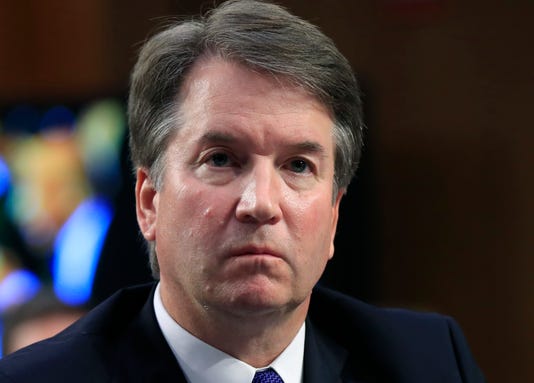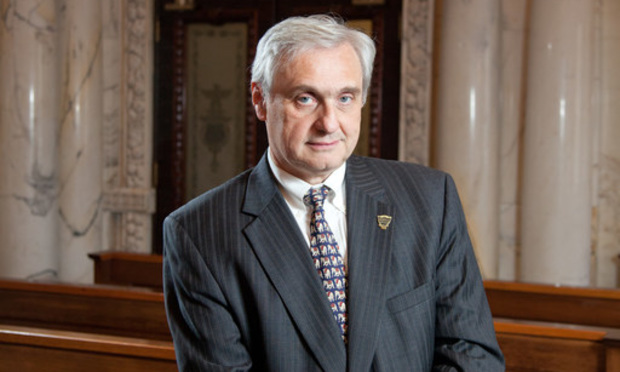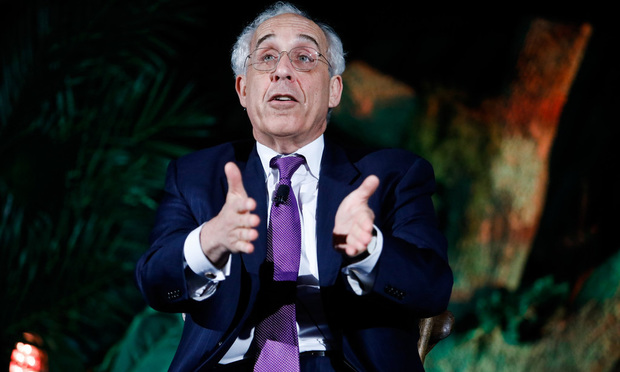The Beijing City Higher Peoples Court, Susan Finder reports, following the Shanghai court, has issued a guidance on fair and efficient disposition of group securities disputes. This is a step forward. Ten years ago when in Beijing I was beseeched by a group of young lawyers who had been stymied by the courts in their efforts to bring product liability actions for victims of contaminated infant formula.
In 2010 a Conoco run offshore oil rig spilled in the Bohai Bay. Fishermen and aquaculturists excluded from the compensation scheme negotiated by the Ministry of Agriculture filed lawsuits. As in the infant formula cases courts simply refused to accept the filings. Non-plussed by how to handle multiple venue claims and unsure if maritime or general environmental law governed the courts were paralyzed. Some filed suit in Texas where Conoco Philips is headquartered. Others protested publicly and through Party channels. In 2014 the CP Central Committee plenum mandated that courts accept filings of cases, and allowed appeals of refusals to accept cases. The fishermen and aquaculturists claims eventually resolved.
But it remains the case that no mechanism such as our Multi-District Litigation (MDL) consolidated case system, or Fed R CvPro Rule 23 class actions exists in China. So these new guidances are a step forward. Nico Howson - responding on the Chinalaw listserv has these observations:
- gwc
[O]n a very quick read, [this] does represent movement on the idea of (real-er) class actions in the sphere of securities law claims (claims against issuers, underwriters, directors and management, control parties, etc. for false and misleading disclosure upon initial issuance or in periodic reporting), or at least movement beyond outright ban or the cannibalization of class claims under the SPC's 2003 regulations.
I raise it on this list-serve because I think it has some implications for how the PRC party state might handle so-called group cases in other spheres (mass environmental torts to poisonous milk powder...)
As you will see, the notice allows the Beijing Higher People's Court system courts to designate (upon application by plaintiffs) a set of securities claims (note presently only those, insider trading and manipulation cases are to look at the notice "for reference") as a model or exemplary (shifan) adjudication, take evidence on, adjudicate the legal claims regarding, and determine damages for, such cases, and notify courts handling so-called "parallel" (pingxing) cases of the judgment. The courts and the parties in the parallel cases sphere can use the evidence, and apply the law, cooked up in the exemplary case adjudication without any re-pleading or evidentiary work, and must then proceed to mediation (tiaojie) with respect to those claims -- the implication I think being that the courts in the parallel cases will apply the law and facts established in the model case adjudication in that court-led mediation. Sort of mediation under the color of exemplary adjudication... If the parties don't agree to a mediated result within a time certain, the those cases are re-consolidated into an ongoing litigation. Please note that there is nothing in this notice that eliminates the 2003 SPC regulations requirement that no case can be established until there is a civil sanction or criminal determination in the case first.
I am not naive in that I see this as anything close to class action litigation (opt in or opt out) or something that solves the financing block in such cases, nor do I want to ignore all sorts of bad due process effects (for the defendants in the parallel cases if they have lost the argument in the model case, or for the plaintiffs in the parallel cases if they have lost in the model case, etc.) apparently serving "efficiency" and the goal of mediation, etc. However, it does seem a more than rhetorical attempt to address this specific genus of "mass claims" in the PRC, without as I say above falling back on outright bans, group carve ups sent to litigation purgatory, or Taiwan's SFIPC (which the PRC seems committed to copying, with all of its problems, in the new Securities Law...)SSRN Author page: http://ssrn.com/author=583541
-- Nicholas Calcina HowsonProfessor of LawUniversity of Michigan Law School




